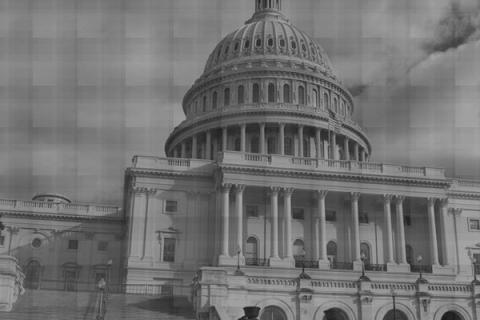The Golden State was once seen as a beacon of growth and entrepreneurship- a model economy many sought to imitate. Hard hit by the recession and housing crisis, the state has had its share of struggles when it comes to rebuilding. California, while still the 9th largest economy in the world (having slipped several spots in recent years), is now facing some serious challenges that threaten its long-term prosperity.
When discussing the effects of government policy on economic growth, especially at the state level, the debate centers around business climate. Many business climate rankings, or “indexes”, published in recent years suggest that the state’s arduous regulatory climate and general contempt for business are to blame for the sluggish recovery.
In surveys published by both Chief Executive and Forbes magazine, California has consistently been ranked among the worst states to do business. This doesn’t exactly paint a rosy outlook for the nation’s most populous state, where residents are in dire need of jobs.
In the surveys, the states were graded on a variety of categories including taxation, regulation, workforce quality, and living environment. California has much to offer in terms of human capital and quality of living, but it does not seem to be enough to offset its perceived anti-business outlook. The most frequently cited complaints were against its punitive tax code and aggressive regulatory regime.
While additional state incentives factor into the decision making process, it seems business leaders seek areas with consistent policies and regulations above all else. This allows for focused planning and growth, which is essential to any operation. Having a regulatory environment and regulators that encourage good business- not one that punishes for minor infractions- is key.
There are measures to be taken that can help to bring California’s regulatory process under control, and make it more responsive to the needs of Californians and business alike. A serious reform effort should start with the review of existing regulations, a process that includes the modification and elimination of obsolete, duplicative, and conflicting regulations. In developing and implementing new regulations, an early economic impact assessment is imperative; as policies that are not necessarily geared toward business or the economy may nonetheless have implications on performance.
Certainly, this is not to suggest that all regulations are bad, as many actually help to make for a more attractive locale and boost economic output in the long run. The relationship between any particular policy and economic growth will always be complex, California just needs to develop a more systematic approach toward striking the right balance.

